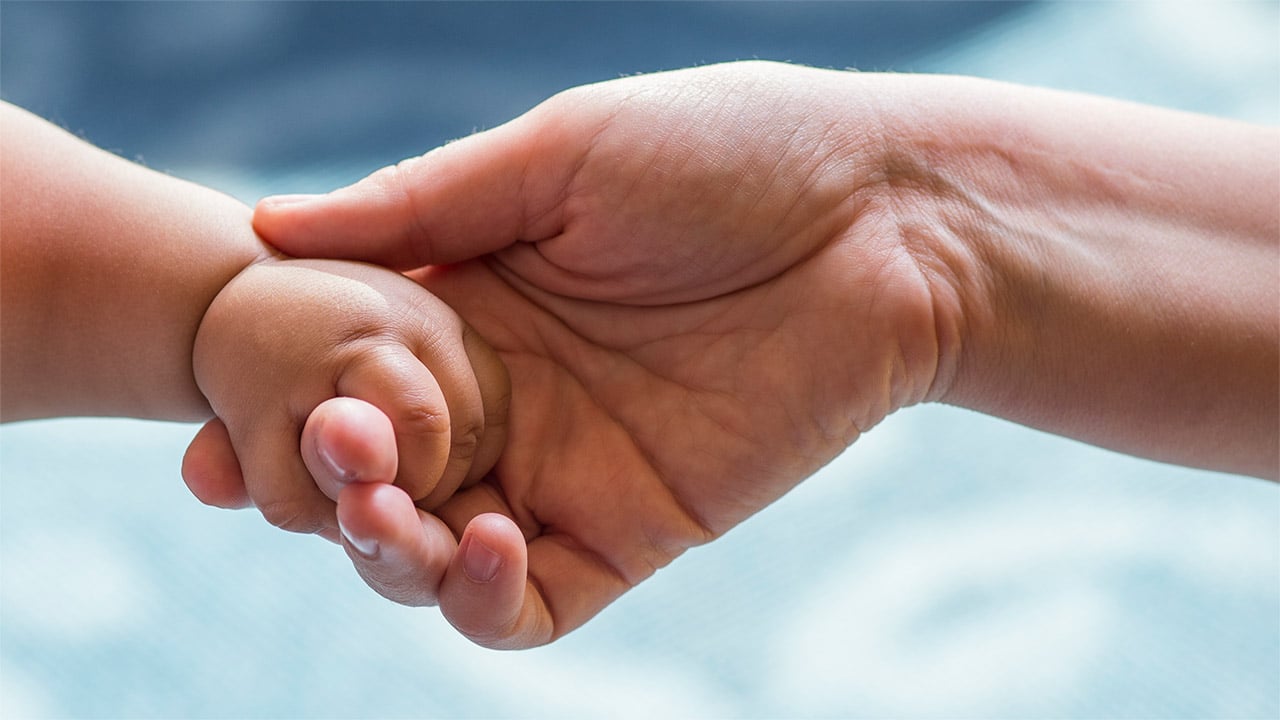- Doctors & Departments
-
Conditions & Advice
- Overview
- Conditions and Symptoms
- Symptom Checker
- Parent Resources
- The Connection Journey
- Calm A Crying Baby
- Sports Articles
- Dosage Tables
- Baby Guide
-
Your Visit
- Overview
- Prepare for Your Visit
- Your Overnight Stay
- Send a Cheer Card
- Family and Patient Resources
- Patient Cost Estimate
- Insurance and Financial Resources
- Online Bill Pay
- Medical Records
- Policies and Procedures
- We Ask Because We Care
Click to find the locations nearest youFind locations by region
See all locations -
Community
- Overview
- Addressing the Youth Mental Health Crisis
- Calendar of Events
- Child Health Advocacy
- Community Health
- Community Partners
- Corporate Relations
- Global Health
- Patient Advocacy
- Patient Stories
- Pediatric Affiliations
- Support Children’s Colorado
- Specialty Outreach Clinics
Your Support Matters
Upcoming Events
Mental Health Town Hall
Tuesday, April 23, 2024Join Children’s Hospital Colorado pediatric experts for a virtual...
-
Research & Innovation
- Overview
- Clinical Trials
- Q: Pediatric Health Advances
- Discoveries and Milestones
- Training and Internships
- Academic Affiliation
- Investigator Resources
- Funding Opportunities
- Center For Innovation
- Support Our Research
- Research Areas

It starts with a Q:
For the latest cutting-edge research, innovative collaborations and remarkable discoveries in child health, read stories from across all our areas of study in Q: Advances and Answers in Pediatric Health.


Leela: Healing Arthrogryposis with Hand Therapy

Leela is a feisty 19-month-old who can feed herself, pick up little things and brush her own hair. Some parents could take these stages of development for granted. But Leela’s parents, Jen and Jorge, deeply value each of these abilities as they were all once deemed potentially impossible for Leela.
Leela was born at 37 weeks due to growth restrictions in her mother’s uterus. After birth, she was placed in the Neonatal Intensive Care Unit (NICU) at a local community hospital for her first 10 days of life to help her gain weight. During her stay in the NICU, Leela’s mother Jen noticed that something didn’t seem right about Leela’s arms – “her fingers were long, her wrists weren’t bending and her arms were straight,” said Jen.
Upon examination, Leela’s neonatologist agreed that something was different with Leela’s arms. They began splinting her wrists within her first few days of life, and eventually she was diagnosed with a condition called arthrogryposis.
Arthrogryposis is a rare condition that involves stiff or contracted joints, which disables the joint from moving normally. It can affect a few joints or many; the more joints affected, the more severe the condition.
Treating arthrogryposis at Children’s Hospital Colorado
Upon visiting an out-of-state clinic to treat Leela, doctors gave Jen and Jorge a list of things that her daughter may not ever be able to do – bend her elbows, use her arms or hands… the list continued. She was urged to consider having 4-month-old Leela undergo surgery to treat her condition.
“It was devastating,” Jen said. “The orthopedic specialists weren’t listening to us – they were not even sympathetic or willing to spend the time to see what Leela could or could not do.”
Jen and Jorge were not convinced that surgery was the right option for their daughter, especially at just 4 months old. She wanted another opinion, so she brought Leela to Children’s Hospital Colorado’s Orthopedics Institute.
At Children’s Colorado, the family met with Hand Specialist and Orthopedic Surgeon Frank Scott, MD. He discussed alternative options to help Leela, and they began treatment with certified hand therapists through the hospital’s Hand and Upper Extremity Program.
“Dr. Scott has been amazing – he’s so patient and listens to every detail.” Jen said. “He realized surgery for a 4-month-old child is a big deal. He spent time with Leela during her visits, watched her grow and didn’t rush us into surgery.”
Choosing hand therapy
During Leela’s time in the hand therapy program, she has worked with Peggy Faussett, occupational therapist, certified hand therapist and Pediatric Hand Therapy program coordinator, to improve the functional use of her arms and hands.
Leela’s therapy has included many different techniques including splinting, casting, arm and hand stretching, and adaptive techniques for self-care and play. Leela now sees Peggy for therapy every few months, and Jen and Jorge are planning to have an occupational therapist come to the house to help Leela with practical everyday tasks.
“Her medical team is amazing at what they do. Leela is a little fighter and has done very well,” Jen said. “She’s feisty!”
Though she’s seen great progress, Leela will likely continue to need splinting and other forms of therapy throughout her young life. Her muscles are very fibrous due to her condition, which causes them to get tighten as she grows.
Cherishing every milestone
In the meantime, Jen and Jorge will continue to appreciate each of feisty, little Leela’s milestones as she continues to grow. They are thankful to see the impact that therapy continues to have for their daughter.
“The amounts of care, knowledge and expertise at Children’s Colorado – as well as the human quality interactions – have been amazing,” said Jen. “I have a lot of respect for Peggy and Dr. Scott because of how they deal with the whole ‘person’. They are dedicated and compassionate and know there are psychological impacts with how you treat little ones.”



 720-777-0123
720-777-0123



